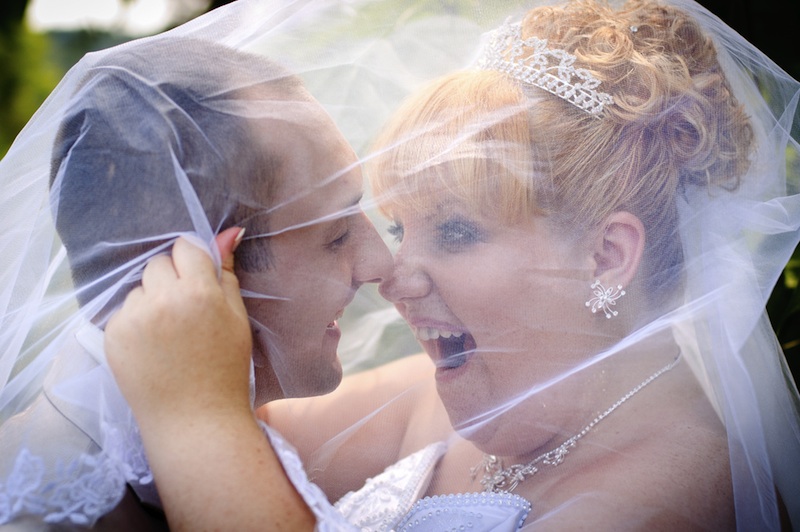'Fat Pride' Key to Better Sex for Obese Women

Despite the widespread attitude in many societies that fat bodies aren't sexy, plus-size women can have satisfying sexual relationships if they accept their bodies, a small study finds. Overweight women who feel shame about their weight, however, tend to have less satisfying sex lives.
Jeannine Gailey, a sociologist at Texas Christian University, interviewed 36 women who identified themselves as fat. The subjects were classified as obese or morbidly obese based on body mass index, with their weights ranging from 215 pounds to 500 pounds (98 kilograms to 227 kilograms). All of the women were recruited from listservs for "size acceptance" organizations.
Almost all of the women reported that body shame, self-ridicule and numerous attempts to lose weight had affected their relationships and sex lives in the past. However, 26 of the subjects (72 percent) said that they had learned to accept their bodies, which had resulted in better romances. Seven of the participants still were not comfortable with their size; these women all reported either negative sexual experiences or abstaining altogether from sex. (The remaining three women did not fit into either mold: One had a negative view of her body but a satisfying sex life, while the other two reported a lifelong positive body image, as well as a satisfying sex life.)
The results suggest "fat women who are involved in the size-acceptance movement tend to have a better self-image and sexual relationships," Gailey told LiveScience. [5 Myths About Women's Bodies]
Why body image makes a difference
An abundance of previous research has linked poor body image to lower sexual fulfillment. Those studies have shown that high levels of body self-consciousness dampen sexual pleasure, arousal, assertiveness and self-esteem, Gailey wrote in the July issue of the journal Fat Studies.
Heavy women are prime candidates for negative body image, partly due to social stigmas against fat. Research published in 1996 documented that fat women are generally viewed as lazy, unattractive and nonsexual, for example.
Sign up for the Live Science daily newsletter now
Get the world’s most fascinating discoveries delivered straight to your inbox.
Subversive acts are empowering, Gailey said, so defying the negative notions about fat allows women to take charge of their sexuality and enjoy sex more. "Going from fat shame to fat pride can become empowering for women who are able to move beyond trying to change their bodies to a focus on developing satisfying relationships with lovers and themselves, despite the tremendous social stigma of fat," she wrote.
Women in the study who said they had begun to embody fat pride reported finally having the confidence to end negative relationships and "retrain" their partners to satisfy them sexually. "As the women experience less body shame and increased confidence, they also seek out or attract partners who treat them better and truly appreciate them," Gailey wrote in the paper. "Participants who have begun to see their bodies as beautiful and desired seem to enjoy their sexual relationships and have better experiences than those who do not."
The subjects who accepted their size reported a predominant theme of feeling better than before, although they still dealt with the daily inundation of negative messages about being fat.
Understanding size acceptance
Gailey used the word "fat" in her research instead of "overweight" or "obese" because it is the preferred term of the size-acceptance movement, which dates back to 1969, when the National Association to Advance Fat Acceptance was founded. Today, NAAFA is one of several size-acceptance organizations that target discrimination against fat people and challenge notions that only thin people can be attractive.
"The word 'obesity' is a highly contentious word in the size-acceptance community, because it denotes a medical condition and problematizes human diversity," Gailey wrote in an email to LiveScience. "Fat is the preferred adjective by most because it does not denote a medical condition or suggest that there is an ideal weight, as the term 'overweight' implies."
The new study is one of the first to collect data on fat women's own perspectives about their sex lives. Research is still needed on the sexual and dating histories of fat women who have not been exposed to or who reject fat pride, as well as on the sex lives of fat lesbian and bisexual women, Gailey said.
Follow Jennifer Abbasi on Twitter @jenabbasi or LiveScience @livescience. We're also on Facebook & Google+.










